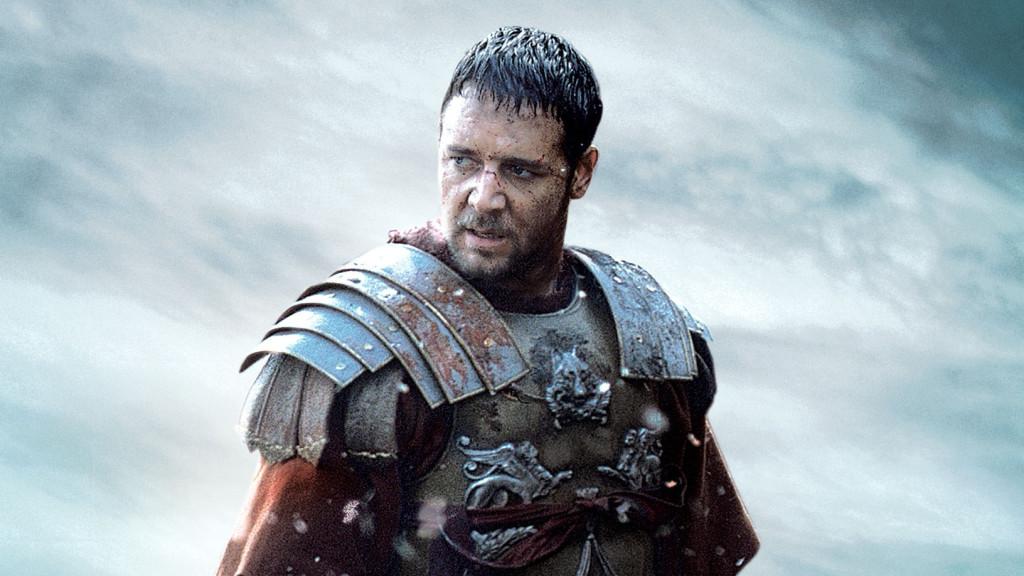More than Swords or Shields
Darden Livesay ’15
“What we do in life echoes in eternity,” Roman general Maximus Decimus Meridius (Russell Crowe) says to his soldiers. A film replete with death, Gladiator effectively captures how ephemeral life is and validates Maximus’s words. Rome is thrown into chaos when Emperor Marcus Aurelius (Richard Harris) is murdered by his immoral son Commodus (Joaquin Phoenix). Maximus then gets sentenced to execution by the new emperor, but manages to escape the grips of death. Upon returning home, he finds his farm burned down and his family crucified, only to then be swept up by a convoy of slave traders. Thrust into exile, Maximus must rise through the gladiator ranks to return to Rome and avenge the murders of his family and emperor.
The anachronisms in Gladiator are negligible in contrast to award-worthy performances from Crowe and Phoenix, whose characters act as foils of each other. Furthermore, the digital recreations of Rome successfully encompass its vast collective of legendary monuments. Moreover, the music score by German composer Hans Zimmer is impeccable, including thematic melodies such as “Elysium” and “Now We Are Free”, both featuring spiritually-empowering vocals from Lisa Gerrard.
Aside from its adrenaline-pumped battle scenes, Ridley Scott’s film is a compelling narrative about a man on his quest for moral justice. Audiences can easily empathize with the protagonist, Maximus, and the obstacles he must overcome to prevail. Life is short, and you don’t want it to end before you have a chance to see Gladiator.

